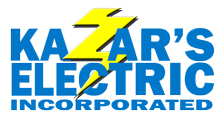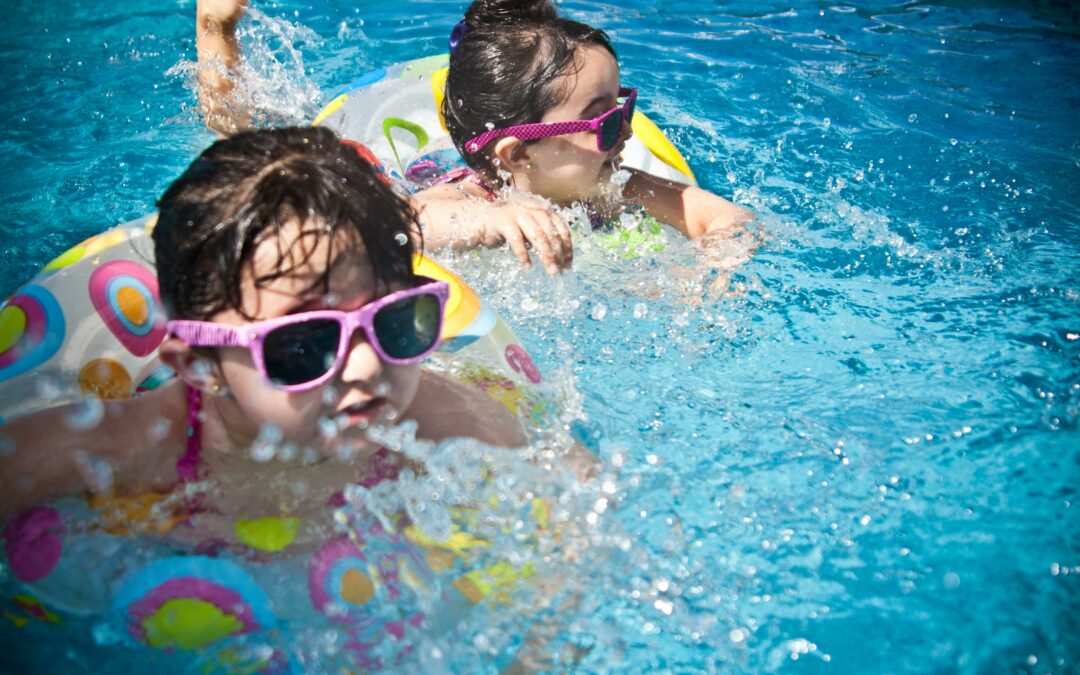A backyard pool is a source of relaxation and leisure. However, beneath the shimmering surface lies a complex electrical equipment system requiring constant attention and care. Proper electrical wiring in pool equipment is not just about functionality; it’s about safety, compliance, and peace of mind for homeowners.
Continue reading to learn about the necessity of proper electrical wiring for pool equipment.
The Importance of Proper Electrical Wiring
When it comes to pool equipment, the risks are high. Faulty or incorrect electrical wiring can lead to major issues, from minor inconveniences to life-threatening situations. Here’s why proper electrical wiring is important:
Safety First
Water and electricity are a dangerous combination. Proper wiring assures that your pool’s electrical components, such as pumps, heaters, and lights, operate safely and efficiently, minimizing the risk of electric shocks, fires, or electrocution.
Equipment Performance and Longevity
Properly installed and maintained wiring guarantees that your pool equipment functions at its best. It reduces the likelihood of equipment malfunctioning, extends the lifespan, and helps maintain water quality and temperature control.
Compliance and Legal Requirements
Many municipalities and local governments have strict regulations and safety standards for pool installations. Proper electrical wiring is legally required to verify that your pool meets these standards and passes inspections.
Potential Risks of Faulty or Incorrect Wiring
The consequences of faulty or incorrect electrical wiring in pool equipment can be severe. Some of the potential risks include the following:
Electric Shock or Electrocution
Water conducts electricity, and a faulty wiring system can electrify the pool water. Swimmers, especially children, can suffer electric shocks or even fatal electrocution.
Fire Hazards
Faulty wiring can overheat, leading to electrical fires quickly spreading to surrounding structures, endangering lives, and causing extensive property damage.
Equipment Damage
Inadequate wiring can cause premature wear and tear on pool equipment, leading to frequent breakdowns, costly repairs, and the need for premature replacements.
Safety Standards and Regulations for Pool Installations
Electricians installing or maintaining electrical wiring for pool equipment must adhere to specific safety standards and regulations to ensure compliance and safety. These are some of the standards and guidelines that you might encounter:
National Electrical Code (NEC)
The NEC provides comprehensive guidelines for electrical installations, including those for pool equipment. It covers everything from wire types and sizes to grounding, bonding, and GFCI (Ground Fault Circuit Interrupter) protection requirements.
Local Building Codes and Regulations
Electricians must also be familiar with and comply with local building codes and regulations specific to pool installations. These codes may include requirements for equipment placement, clearances, and safety barriers.
Manufacturer’s Specifications
Always follow the manufacturer’s instructions and specifications for installing and wiring pool equipment. Failure to do so may void warranties and compromise safety and performance.
Regular Inspections and Maintenance
Regular inspections and maintenance by professionals make sure that the electrical wiring and pool equipment are in good working condition, comply with safety standards, and meet legal requirements.
Don’t compromise on safety regarding your pool’s electrical wiring. At Kazar’s Electric, we offer expert electrical installation, maintenance, and inspection services tailored to meet the highest safety standards and regulations. We guarantee that your pool equipment operates safely and efficiently, reducing risks and enhancing your swimming experience. Contact us today to schedule a consultation and safeguard your pool against electrical hazards.

